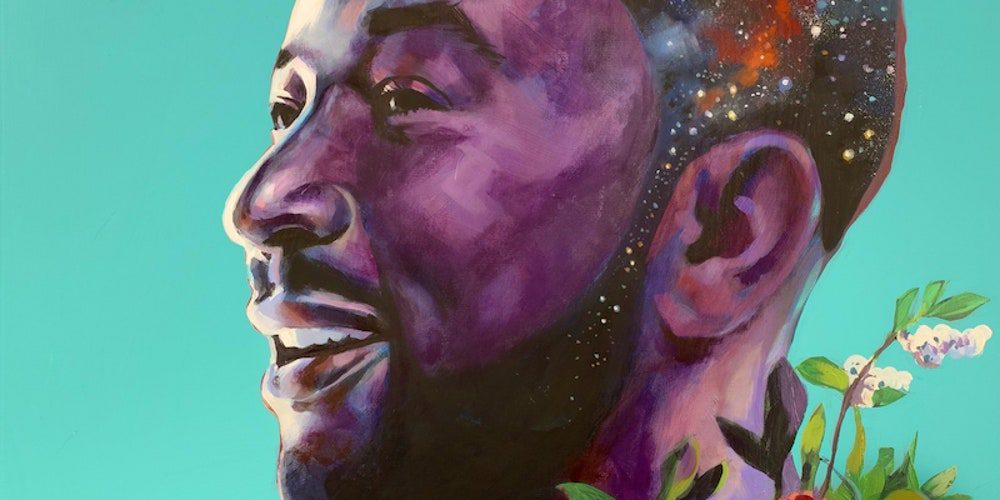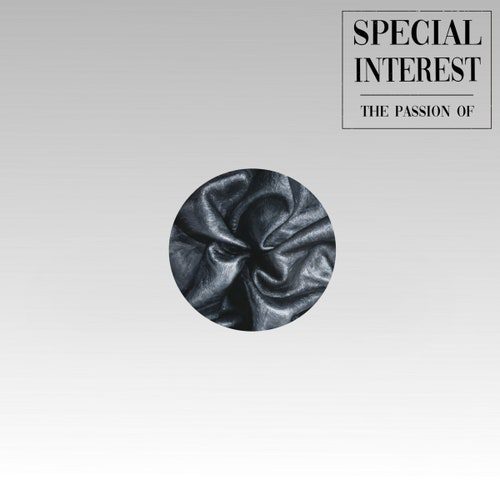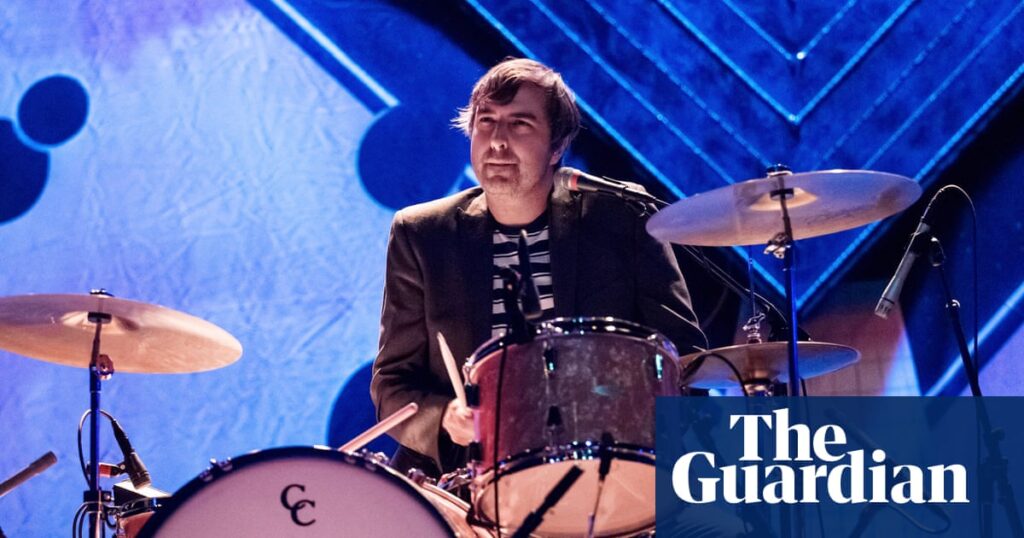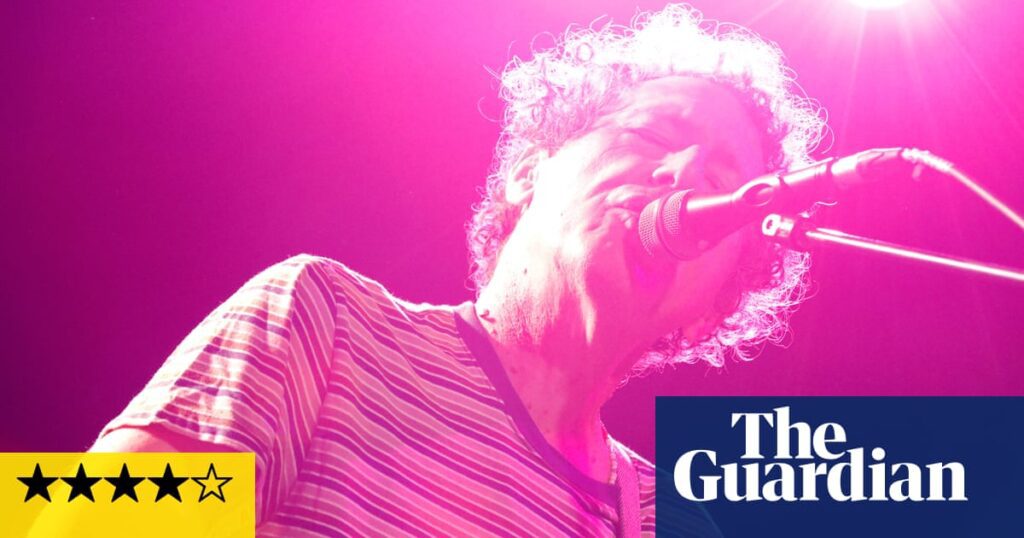
John Legend
It’s a pretty good time to be John Legend. Since his last album, he scored the Emmy to secure his EGOT, had a second child with model Chrissy Teigen, was awarded an honorary doctorate at Berklee College of Music, and was named Sexiest Man Alive. The album he recorded amid all the success, Bigger Love, is correspondingly upbeat and joyous. He describes it as “vintage sounds with a modern sensibility,” in keeping with a longstanding personal mandate, using love songs as a bridge between the old and new. With this incredibly on-the-nose title, he reminds us both of his devotion to his muse and his limitations: Love might be fathomless, but Legend’s appreciation of it is pretty shallow.
Legend believes in the power of love the way some believe in Christmas spirit—as a transmissible, irresistible force that extinguishes all negativity. Fittingly, the album reunites him with producer Raphael Saadiq, who was behind his 2018 Christmas album. Legend is pegging his new album, which was recorded primarily in 2019, as a sort of balm for the times. “A lot was going on, but I still felt like people need some uplifting music,” he told Oprah Magazine. “Hopefully it can help them get through what’s been a tough spring, and hopefully this music will help them have a better summer.” Bigger Love is rife with this feel-good energy, buoyed by his stately voice and easygoing charm, but beneath its positive exterior is an emptiness that’s hard to ignore.
His last album, 2016’s Blake Mills-produced Darkness and Light, had a personality and intimacy that eluded him on previous albums. He was inhabiting songs as a person and not just a dutiful soul man treating the piano bench like a cubicle. They never quite conjured a “What’s Going On,” as they hoped, but Mills brought character to his music. The everymanisms of Love in the Future were replaced with personal reflections, confessions of a “FaceTime abuser,” and the politically minded expressiveness of a man clinging to hope in a darkening world; Legend’s songs were suddenly richer and more textured.
Bigger Love reverts to a vacant pantomime and a less robust R&B palette courtesy of producers like Oak, Ryan Tedder, and Ricky Reed. His 2019 protest song, “Preach,” is curiously absent here; so, too, is the effortless tonal blend of the album’s predecessor. This marriage of vintage and modern goes awry, as Bigger Love opens with a trap take on doo-wop and closes with a Mr. Hudson ballad. Following the lead of his Oscar partner Common, Bigger Love is risk-averse and platitudinous. There’s a derivative YOLO song called “One Life” and the hook couldn’t be more uninspired: “We’ve got one life/I won’t waste it, one life/I’m gon’ taste the joy in every minute/Beginning’ ‘til the finish,” he sings. Not even Anderson .Paak’s smooth funk can save it. If the album’s tacky acoustic lead single, “Conversations in the Dark,” sounds like a not-so-subtle sync for a tear-jerker network drama, that’s because it pretty much is.
No song here is transcendent enough to join “All of Me” in wedding-first-dance canon, nor is there a moment as touching and emotionally honest as “Right By You (for Luna),” the song he wrote for his newborn daughter on Darkness and Light, where he wonders aloud how she’ll receive and be received by the world, the quiver in his tone carrying a father’s anxiety. “Actions” fails to live up to its brazen “The Edge” sample, so clearly repurposed to call to mind Dr. Dre’s “The Next Episode” that its appeal is lost to sense memory, and the song’s core directive (“actions speak louder than love songs”) goes largely unheeded.
Even working within the confines of his safe space, though, John Legend can remind you why Kanye built a label around him, and Bigger Love is sustained by such moments. He works well in collaboration with bluesman Gary Clark Jr. (“Wild”), psychedelic R&B singer Jhené Aiko (“U Move, I Move”), rap technician Rapsody (“Remember Us”), and reggae artist Koffee (“Don’t Walk Away”) on tracks that stretch his songcraft in different directions—anthemic pop rock, alt-R&B, neo soul, and dancehall lite. The attempts are bold by his standards, and he slots into each one confidently. “Favorite Place” is the kind of sexy-time jam befitting a new dad. He plays to his strengths on “Slow Cooker,” a quirky little song that likens brimming sensuality to the simmer of a crock-pot, letting the resonance of his timbre give shape to his phrases. On the understated “Focused,” the confusion produced by a noisy outside world falls away when under his wife’s thrall. Plain and folksy, it has the characteristics of a Bill Withers song: The simplicity of the lyrics mirrors how uncomplicated things are in her company. Suddenly, the uplifting power he’s been preaching about is in full effect.




